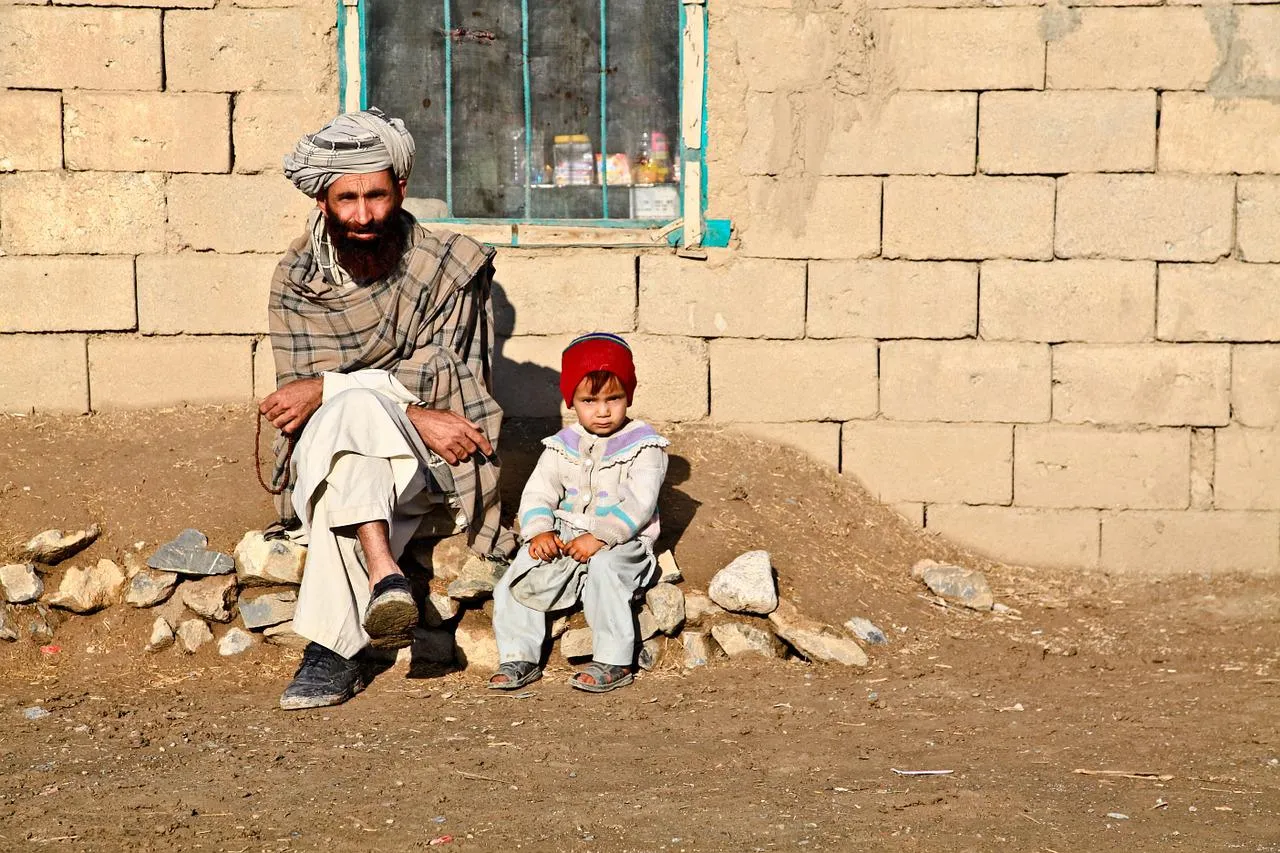Civilian Mental Health in Conflict Settings
Armed conflict and organised violence cause and amplify psychosocial stressors, eg poverty, malnutrition, inadequate housing and social isolation, which adversely affect people’s mental health and wellbeing. Conflict-affected populations have been shown to have a higher prevalence of both common and severe mental disorders compared to the general population. Treatment gaps are widened especially in conflict affected areas due to inadequate infrastructure and human resources. At a systems level, there is limited government spending on mental health; minimal inpatient facilities, day care or residential facilities; a severe lack of staff and no mental health law. Unfortunately, there is a lack of systematic mental health research conducted in these regions, due to capacity issues.
To address this research gap, we have supported interdisciplinary research capability for mental health in Palestine, Lebanon and Turkey through face-to-face and online training courses. We also conduct multi-disciplinary research focusing on the political, economic and social determinants of health as well as mental health interventions, experiences of uncertainty, what it means to live and participate in the community for persons with severe mental illness, local idioms of distress, help- and health seeking, and coping. Our findings are published accessibly on blogs, in journal articles, and as reports to guide and influence practice in the field of mental health and psychosocial support on the ground.


